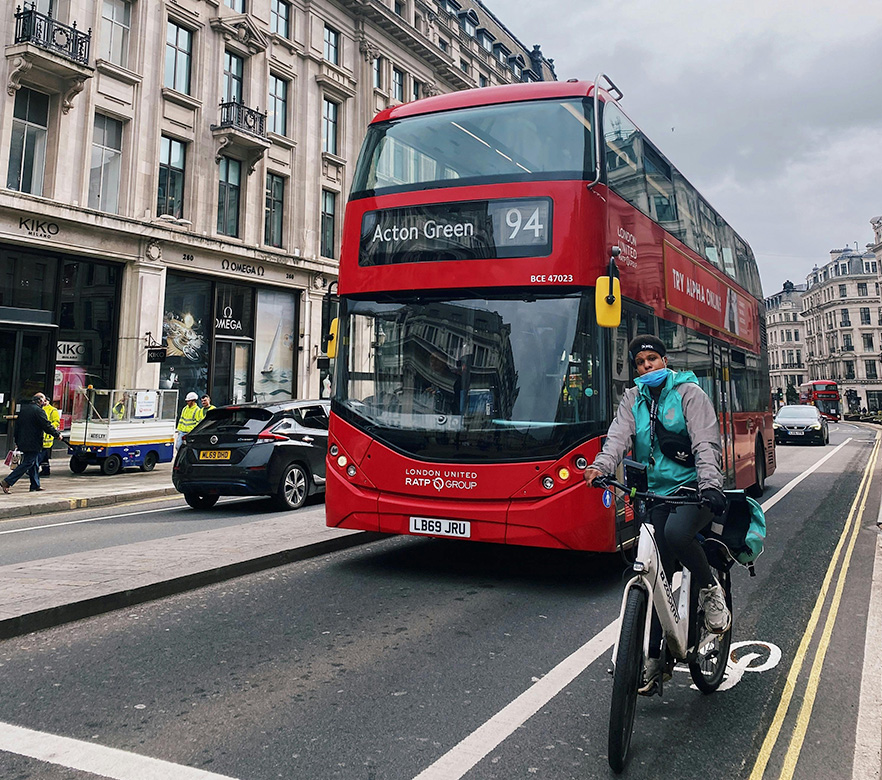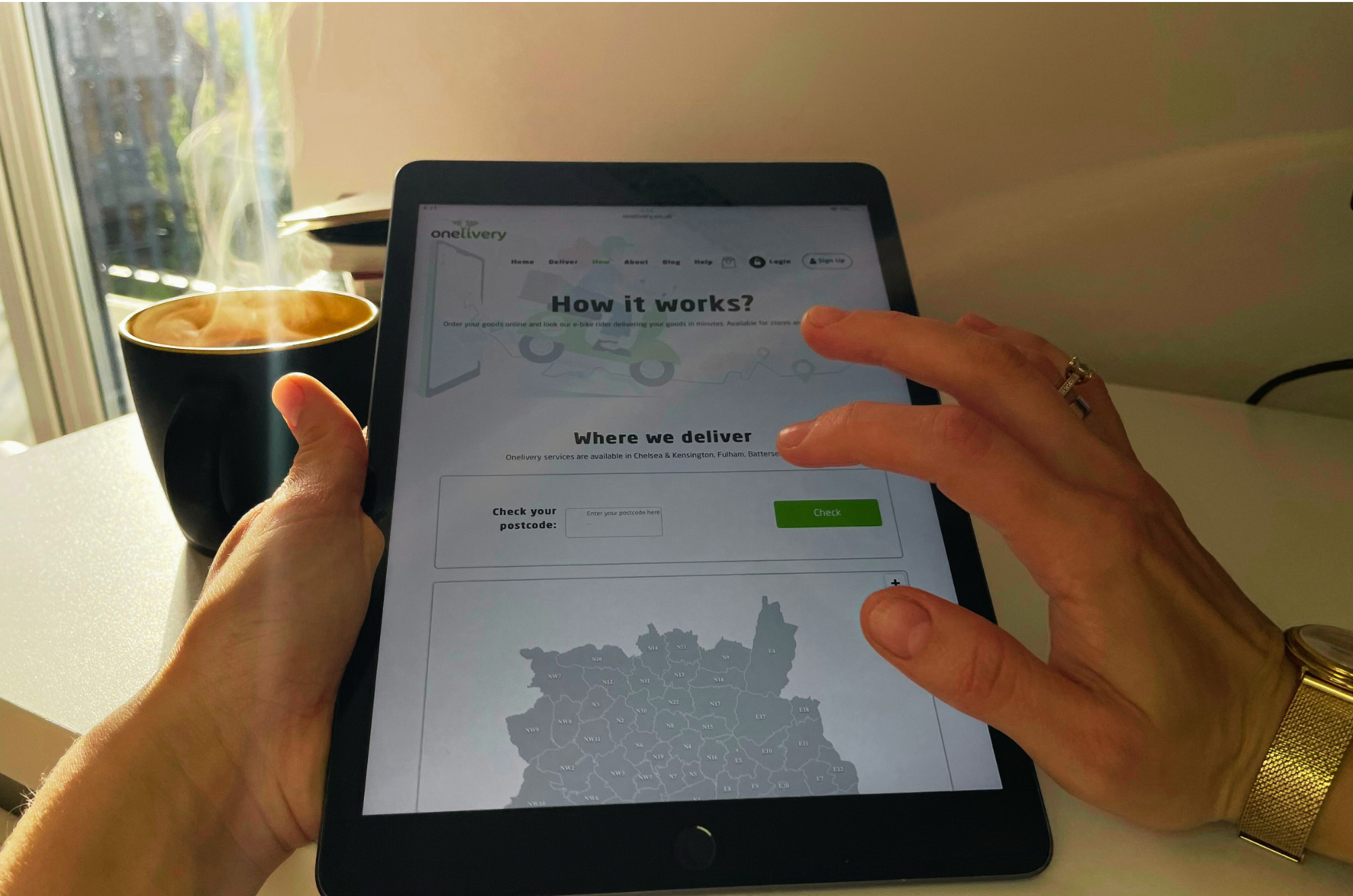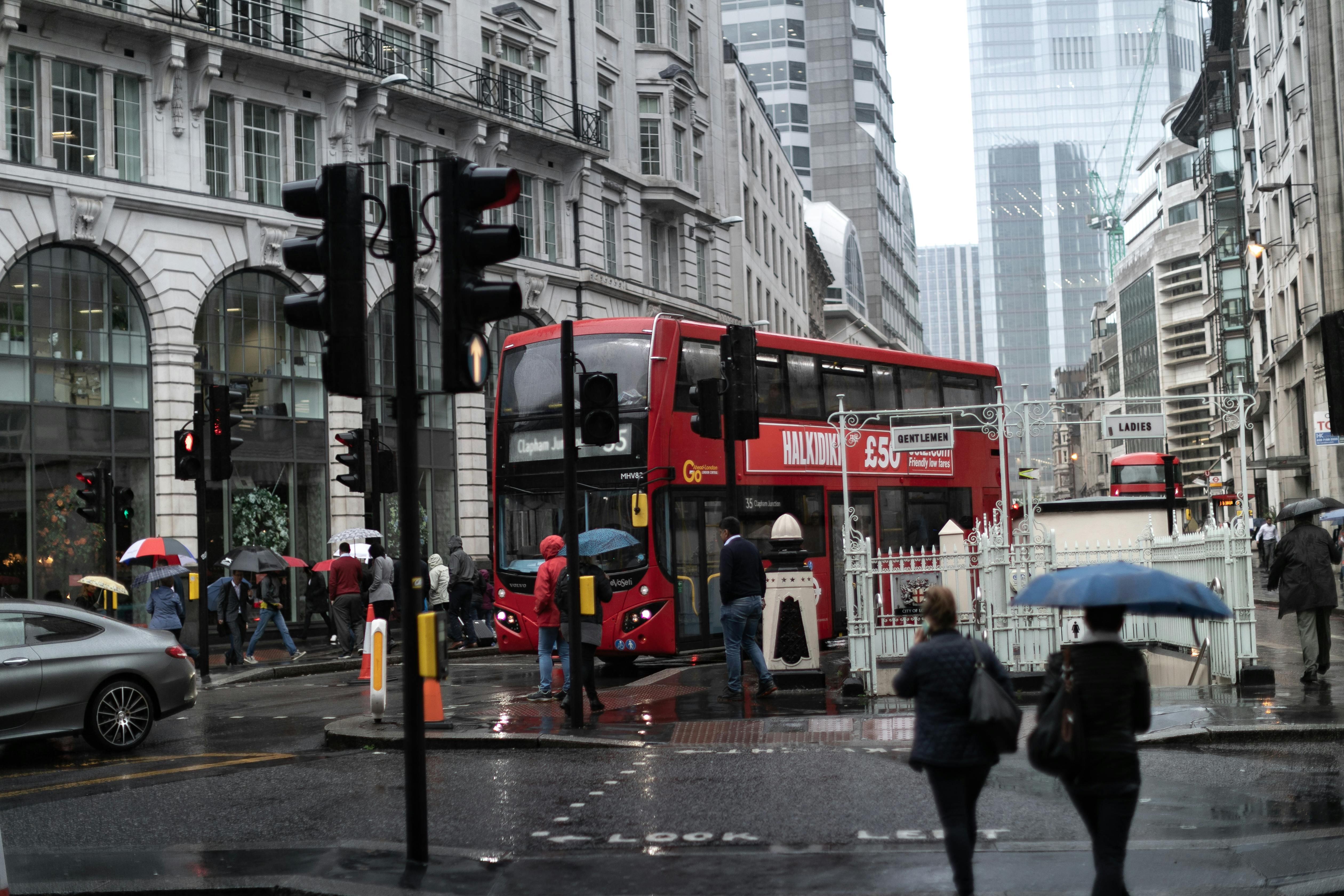Why did the delivery truck get promoted? Because it always delivers! While that might get a chuckle, the reality of last-mile delivery is no laughing matter for many businesses facing escalating costs. Let’s delve into why the last mile is becoming increasingly expensive and what it means for businesses in the UK, particularly in London.
The Rise of E-Commerce The explosive growth of e-commerce is one of the primary reasons for rising last-mile delivery costs. As more people shop online, the volume of deliveries has skyrocketed. In the UK, online sales accounted for over 27% of all retail sales in 2021, a significant increase from previous years. With more packages to deliver, logistics companies are straining to keep up, leading to higher costs.
Urban Congestion Navigating through the busy streets of London is no easy feat. Congestion not only delays deliveries but also increases fuel consumption and vehicle wear and tear. According to Transport for London, the average speed in central London is just 7.4 mph during peak hours. This slowdown results in more time spent on the road and, consequently, higher costs.
The Need for Speed Consumers have grown accustomed to next-day or even same-day delivery. This expectation puts immense pressure on logistics providers to expedite their services. Meeting these demands often means more delivery vehicles on the road, more drivers, and higher operational costs. A survey found that 88% of UK shoppers are willing to pay for same-day or faster delivery, but the infrastructure required to meet these demands is costly.
Labour Costs The gig economy has provided a flexible workforce for delivery services, but it comes at a price. The cost of hiring drivers, providing benefits, and ensuring compliance with employment laws adds up. The UK’s National Minimum Wage and National Living Wage increases also contribute to rising labour costs for last-mile delivery services.
Failed Deliveries Failed delivery attempts are another significant cost factor. In dense urban areas like London, it’s not uncommon for delivery drivers to find no one home to receive a package. This leads to multiple delivery attempts, increasing fuel and labour costs. It’s estimated that missed deliveries cost UK businesses £1.6 billion annually.
The Environmental Impact Sustainability is becoming a crucial consideration for both consumers and businesses. Eco-friendly delivery options, such as electric vehicles and sustainable packaging, often come with higher upfront costs. However, they are necessary investments to reduce the environmental impact of last-mile logistics.
Innovative Solutions Despite these challenges, companies are exploring innovative solutions to mitigate costs. Micro-fulfilment centres, located closer to customers, can reduce delivery times and costs. Additionally, advancements in technology, such as drones and autonomous vehicles, hold promise for the future of last-mile delivery.
The last mile is getting costly due to a confluence of factors, from the surge in e-commerce and urban congestion to high consumer expectations and labour costs. Businesses in London and across the UK must navigate these challenges to remain competitive. As the landscape of delivery continues to evolve, staying ahead of these trends will be key to managing costs and meeting customer demands effectively. Onelivery is committed to addressing these issues by leveraging technology, embracing sustainability, and continually innovating to provide efficient and reliable delivery services.









